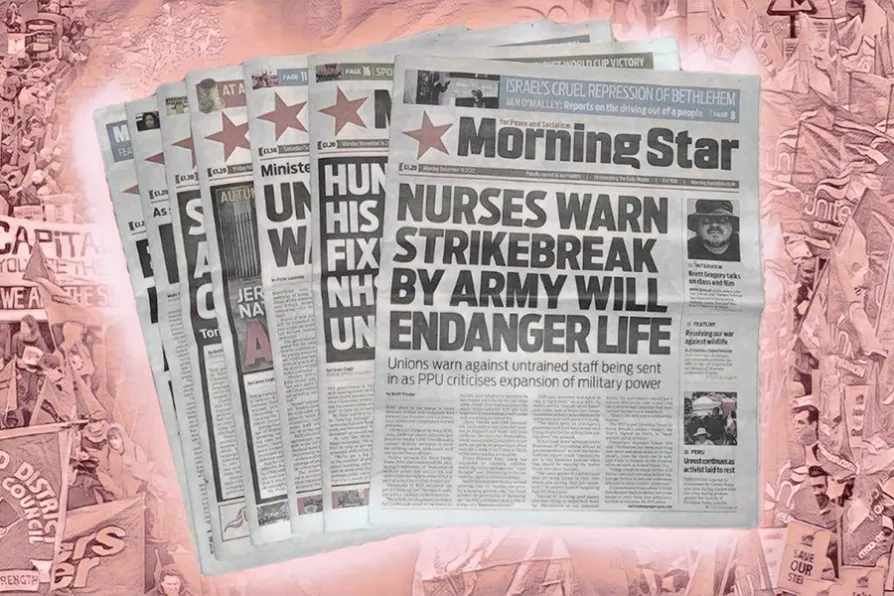From London’s holly-sellers to Engels’s flaming Christmas centrepiece, the plum pudding was more than festive fare in Victorian Britain, says KEITH FLETT


PERIODICALLY I have to be the bearer of bad news. That bad news is that the price of the printed Morning Star will rise at the end of this month.
From Monday September 30 your weekday paper will cost £1.50, while from Saturday October 5 the larger weekend edition will cost £2.
Price rises would be a poor response to falling sales, entrenching the cycle of decline we have seen in print sales across the newspaper industry in the last decade.

BERNADETTE KEAVENEY announces a simplified and streamlined way to get your paper delivered daily, and a big push for new readers that we can all help make into a success

Our roving AGM from this Thursday through Sunday and our upcoming Morning Star Conference 2025 on June 14 in London are great opportunities to meet the team and help plan the way forward, says editor BEN CHACKO

A unique daily voice for peace and socialism

With a host of labour movement events coming up, you can put a smile on the face of Morning Star circulation manager BERNADETTE KEAVENEY by taking out a bulk order










